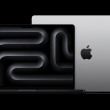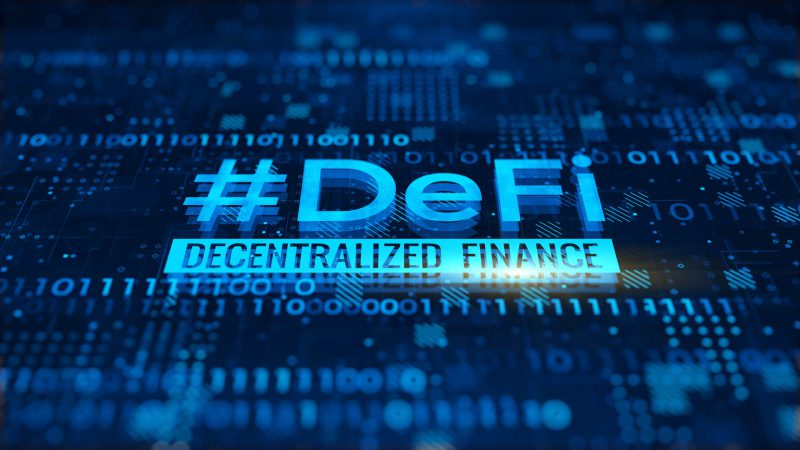The idea of DeFi is built on the technology that came up with Bitcoin, which means it does not depend on any single source to control transactions. In this way, DeFi has an edge since nothing can limit its speed and sophistication while giving users direct oversight over their money.
The system also provides a definite framework for people looking to expand blockchain use beyond simple currencies by broadening both security options as well as opportunities available in terms of using digital assets such as crypto-tokens or credits based off cryptocurrency platforms like Ethereum’s ERC20 standard.
Bitcoin and other cryptocurrencies stand out from other digital payment methods such as PayPal because they eliminate mediators from transactions; nobody controls your trade. One significant advantage of DeFi is eliminating intermediaries in any transactions.
Before being labeled DeFi, this idea was known as “open finance.”
Ethereum Applications
Most DeFi applications are on into the bargain of Ethereum, which is the second-largest crypto platform, that is easier to use in making different types of decentralized applications for more than simple transactions as highlighted in Ethereum white paper.
Ethereum has a platform for smart contracts that automatically execute transactions when certain conditions are being met, giving flexibility. The programming languages of ethereum create and manage smart contracts.
The most prominent DeFi applications are:
Stablecoins
Stablecoins are a cryptocurrency that is tied to an asset, which stabilizes the price. They can be used as a form of payment for goods and services but cannot replace fiat money because they have restrictions such as not being ideal if you need something with rigid expectations like buying property or paying back loans.
Decentralized exchanges (DEXs)
DEX is a decentralized exchange that aids in the exchanging of one currency to another. Whether it’s ether for DAI, or U.S dollars for Bitcoin; DEX connects users directly so they can trade cryptocurrencies without involving an intermediary.
Lending Platforms
Lending platforms utilize smart contacts to eliminate intermediaries that manage lendings, such as banks.
Prediction Markets
These are markets for predicting the outcome of upcoming events. DeFi offers functionality to these markets without intermediaries.
“Wrapped” Bitcoins (WBTC)
Wrapped Bitcoin Is a form of sending bitcoin to be used directly to the ethereum network, to be used in ethereum’s DeFi system (lending the bitcoin). The system allows users to garner interest based on the bitcoin they lend out through decentralized lending platforms.
On top of these applications, there are new DeFi concepts that have come up around them:
- Yield farming: This is for knowledgeable traders who are risk-takers. Here, users examine using various DeFi tokens to identify opportunities with more significant returns.
- Liquidity mining: Here, DeFi applications attract users with free tokens. This has been the most dynamic structure of yield farming.
- Composability: DeFi apps are open source. Anyone can view the code behind them. This enables these apps to develop new apps with the code as an enabler.
- Money legos: It’s using the concept “composability” alternatively. DeFi applications are similar to legos, or the play blocks kids assemble to generate different products. One can bust DeFi applications together to build new financial products.
.
DeFi FAQ
How can One Make Money using DeFi?
Ethereum-based DeFi plans can bring about a whole new world of passive earnings possibilities for those willing to take the leap. Not only are users able to generate interest from loans they’ve issued, but there’s also opportunities to earn ETH on Ethereum or use it as collateral on other platforms.
How Safe is it to Invest in DeFi?
No, it is risky! However, there is a belief that DeFi holds the future of finance, and investing early in this technology could lead to big wins. However, separating good projects from destructive projects has been a task for newcomers, and several bad projects have been.
Despite DeFi’s increased activity, some DeFi applications, e.g. YAM, crashed, burning $60 million in 35 minutes. DeFi bugs are also prevalent, thus increasing the risks.
Will DeFi go Mainstream? When?
Despite more people into De Fi apps, it isn’t easy to point where they’ll go. It depends on who finds them useful. The De Fi project may attract many new users by enabling the financial applications to be open and inclusive.
Being a new financial technology, it still undergoes several experiments and faces security challenges.
Developers hope to find solutions to these challenges with more security, moreso through Ethereum 2.0
Will Ethereum 2.0 Affect DeFi? How?
Ethereum 2.0 isn’t a solution to all D eFi issues, but it counts. There are protocols, TrueBit and Raiden, that are also tackling Ethereum’s scalability.
Should these solutions come true, Ethereum De Fi trials will have an advanced opportunity to become a robust product with the potential to go mainstream.
Bitcoin as DeFi
So far, Ethereum is the top dog in the De Fi world. On the other hand, Bitcoin has proponents that share the objective of eliminating intermediaries out of complex financial transactions, and they have developed mechanisms to approach this using the Bitcoin protocol.
Companies such as Suredbits and DG Labs are working on Bitcoin DeFi technology known as (DLC) Discrete log contracts. This technology gives a way to implement more complex financial agreements with the help of Bitcoin.





